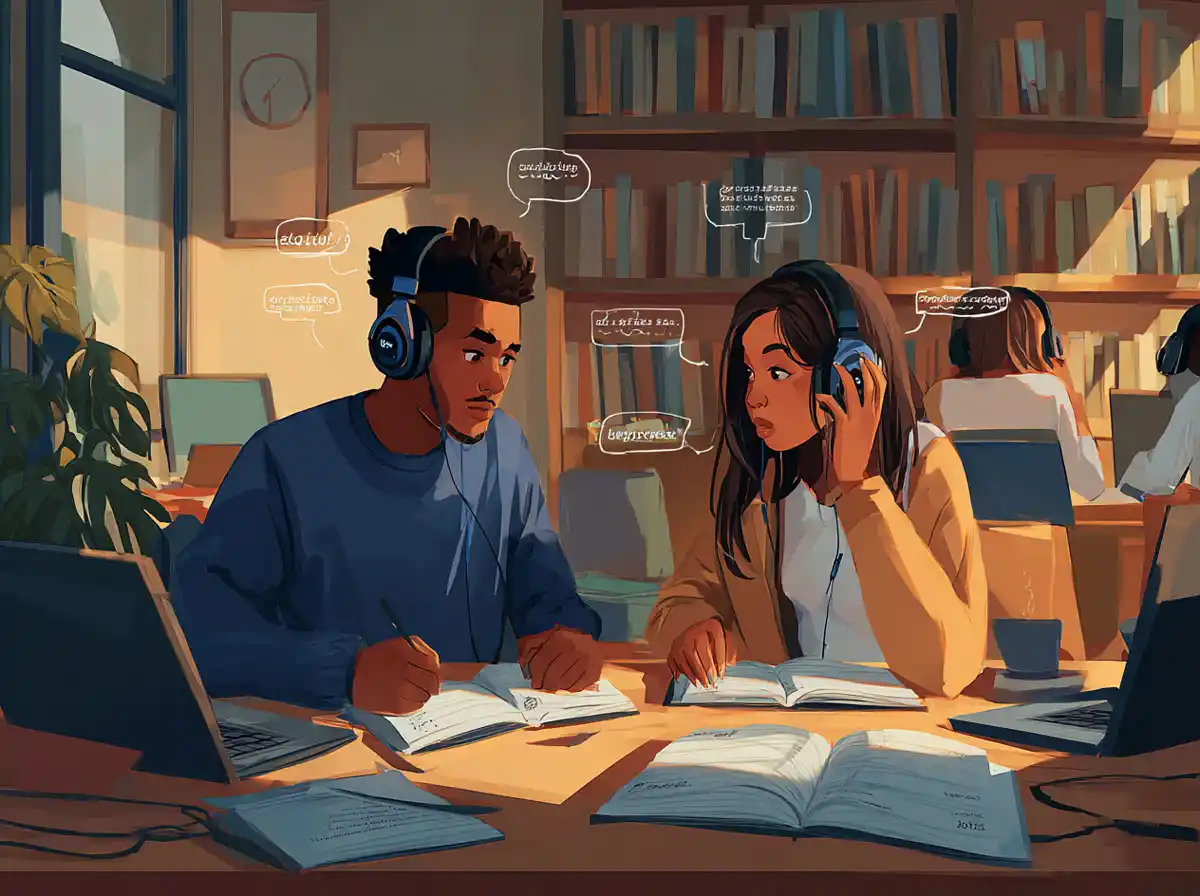Understanding the Context of Romanian Party Slang
Romanian party slang is deeply rooted in the country’s social and cultural customs. It often incorporates humor, regional influences, and popular youth culture. Unlike formal language, slang is dynamic and constantly evolving, making it essential for learners to stay updated to communicate naturally. Party slang typically revolves around themes like drinking, dancing, music, socializing, and the overall party vibe.
Learning these expressions will help you:
- Break the ice in social situations
- Understand jokes and casual conversations
- Sound more fluent and natural in informal settings
- Engage confidently with Romanian youth and locals at events
Common Romanian Party Slang Terms and Phrases
Below is a curated list of popular Romanian party slang words and phrases, along with their meanings and usage examples:
1. “Petrecere” vs. “Chef”
While “petrecere” simply means “party,” “chef” is a more colloquial term used especially among younger people to denote a casual get-together or fun event.
- Example: „Mergem la un chef diseară.” (We’re going to a party tonight.)
2. “Beție” and Related Words
“Beție” means drunkenness or a drinking session. Related slang includes:
- “A se îmbăta” – to get drunk
- “Togă” – tipsy or slightly drunk
- “Băut” – drunk
Example: „Am avut o beție memorabilă aseară.” (We had a memorable drinking session last night.)
3. “Distracție” and “Zbenguială”
Both words relate to fun and enjoyment, but “zbenguială” has a more playful, wild connotation.
- Distracție – fun, entertainment
- Zbenguială – lively play, wild fun
Example: „Seara a fost plină de distracție și zbenguială.” (The evening was full of fun and wild play.)
4. “Sănătate!”
A very common toast meaning “Cheers!” or literally “Health!” It is indispensable at any Romanian party where alcohol is involved.
5. “A da pe spate”
This phrase means “to blow someone away” or “to impress greatly,” often used in the context of music, dance, or the party vibe.
Example: „DJ-ul a dat pe spate cu muzica lui.” (The DJ blew everyone away with his music.)
6. “A face o mișcare”
Literally “to make a move,” this slang can refer to dancing or initiating interaction with someone at a party.
Popular Party Activities and Corresponding Slang
Understanding the activities commonly associated with parties can help you learn the relevant slang and phrases more effectively.
Drinking Games and Slang
- “Jocuri de băut” – drinking games
- “Shots” – borrowed English term used by many Romanian youths
- “Pahar” – glass or shot glass
Music and Dance
- “DJ” – disc jockey
- “Muzică tare” – loud music, typical at parties
- “A dansa” – to dance
- “A zbura pe ringul de dans” – to dance energetically (literally “to fly on the dance floor”)
Socializing and Flirting
- “A agăța” – to hit on or flirt with someone
- “Să dai bine” – to make a good impression
- “A face cunoștință” – to get to know someone
Regional Variations in Romanian Party Slang
Romania is diverse linguistically and culturally, and this diversity is reflected in its slang. For instance:
- In Transylvania: You might hear some Hungarian influences or unique terms like “bulină” (meaning “party” in some contexts).
- In Moldavia: Slang might be softer or include more traditional expressions.
- In Bucharest: The capital city slang is heavily influenced by global youth culture and English borrowings.
Knowing these variations can help you adapt your language depending on where you are in Romania.
How to Learn Romanian Party Slang Effectively
Mastering slang requires exposure and practice beyond formal lessons. Here are some strategies:
- Use Language Exchange Platforms: Platforms like Talkpal connect learners with native speakers, allowing you to practice slang in real-time conversations.
- Watch Romanian Movies and TV Shows: Especially those depicting youth culture and parties.
- Listen to Romanian Music: Genres like pop, hip-hop, and manele often include slang terms.
- Participate in Local Events: If possible, join Romanian parties or social gatherings to hear and use slang firsthand.
- Follow Romanian Social Media: Influencers and young people often post content rich in current slang.
Conclusion
Understanding and using Romanian party slang can significantly enhance your language skills and cultural immersion. These informal expressions reflect the lively spirit of Romanian social life and provide insight into how locals interact in casual settings. Whether you want to impress your Romanian friends, enjoy local parties, or simply add flair to your language, learning party slang is a fun and rewarding endeavor. Remember, tools like Talkpal can be invaluable in this journey, offering interactive and practical learning experiences tailored to your needs. So, get ready to dive into the world of Romanian parties and make your conversations more vibrant and authentic!










